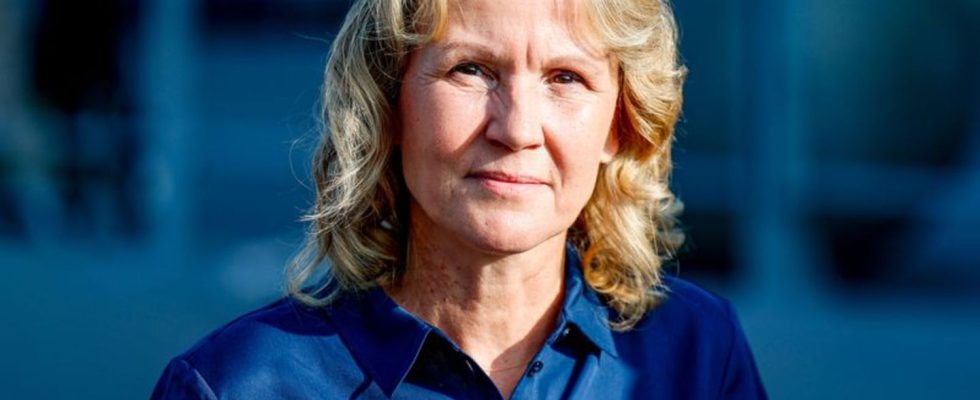Baltic Sea
Environment Minister Lemke and WWF search for ghost nets
Federal Environment Minister Steffi Lemke (Greens) is calling for more efforts to be made to recover so-called ghost nets from the North and Baltic Seas. photo
© Axel Heimken/dpa
Fishing nets get caught on wrecks and become a danger to fish and porpoises. The WWF has been declaring war on plastic ghost nets for years. And receives support from Berlin.
With prominent support, the WWF launched its mission to rescue so-called people off Fehmarn on Saturday ghost nets continued. Federal Environment Minister Steffi Lemke (Greens) was on the activists’ rescue ship. The aim was to recover a large ghost net from the Fehmarnbelt. According to its own information, the organization has recovered more than 26 tons of trawl and gillnets since 2015 – in fishing areas of the Baltic Sea from Usedom up to the Flensburg Fjord.
The Federal Environment Minister is pushing for more efforts to recover so-called ghost nets from the sea. “Given the size of the problem, it cannot be a permanent solution for volunteers to do this work, financed by environmental organizations,” Lemke told the German Press Agency.
“As far as ghost nets are concerned, we will have to find a solution within the framework of the global plastic agreement that makes those responsible more liable,” said Lemke. It cannot be a long-term social task to clean up the garbage at sea. Those responsible for plastic waste must be held accountable.
Funds from the European Fisheries Fund
In Lemke’s opinion, funds from the European Fisheries Fund could also be used to recover ghost nets. “We already had littering initiatives at the European level that also made public money available for them.” Germany will join an international initiative that addresses the issue of ghost networks. “This is not a German or European problem, but a global problem.” That’s why she’s committed to including the issue of ghost nets in a global plastics agreement.
Ghost nets are abandoned fishing nets that get caught on wrecks or stones on the seabed while fishing. “The recovery of ghost nets must become a state responsibility for the federal and state governments,” said WWF board member Heike Vesper. An official order for salvage for federal and state ships is urgently needed. “Many of these ships and crews have the necessary sonar technology, lifting cranes and qualified divers,” she emphasized. Nevertheless, discovered nets remained on the seabed because official ships lacked the mandate to salvage them.
Ghost Diver app helps to discover networks better
Lemke emphasized that “the fact that politicians around the world are becoming increasingly aware of this issue is thanks to environmental organizations around the world.” Up to 50 percent of all plastic waste in the sea came from previous fishing equipment, be it nets, lines or so-called dolly ropes. These are scouring threads that are often used when fishing.
“As Federal Environment Minister, I took the initiative for a Europe-wide ban on dolly ropes because the Federal Environment Agency and the Thünen Institute have developed alternatives together with fishermen,” said Lemke. Fishermen would be able to avoid these harmful discharges into the sea in the future. The federal government is also already co-financing an app developed by WWF. The Ghost Diver app is intended to help discover nets better and recover them more easily.
But the WWF also sees a need for action on land. “A consistent disposal structure for fishing gear must be organized in the fishing ports of all coastal federal states,” said Vesper. Corresponding collection containers currently only exist in Schleswig-Holstein and Lower Saxony ports, but not in Mecklenburg-Western Pomerania.

